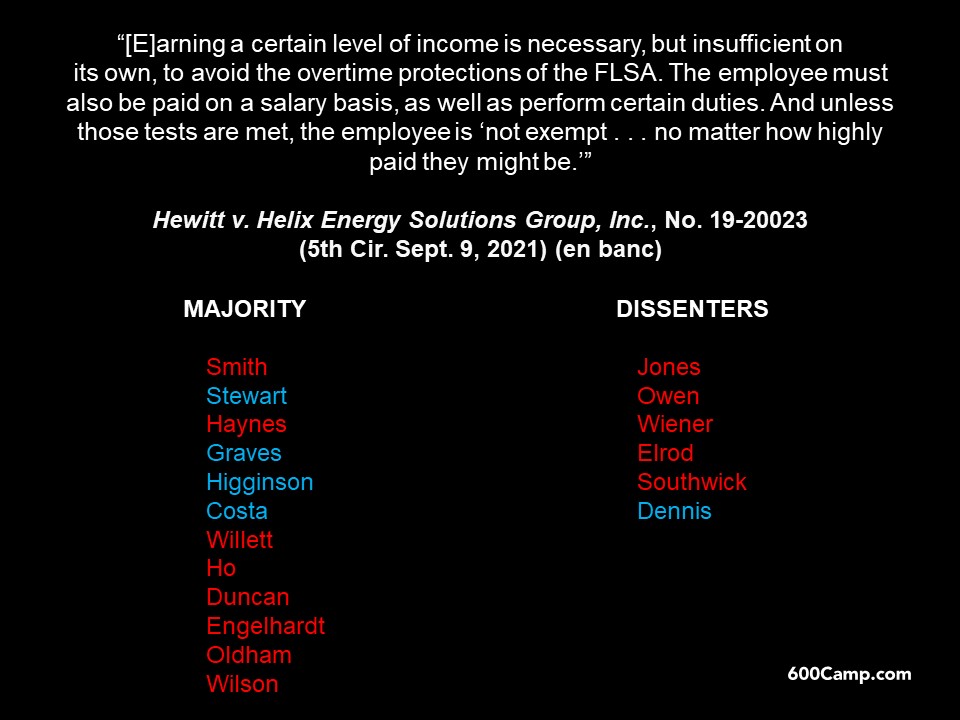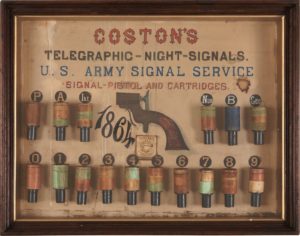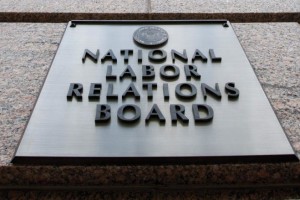 In Associated Prof. Educators of La. v. EDU20/20, LLC, the Fifth Circuit addressed a classic “bad leaver” case about a former employee who had worked for his employer and a competitor at the same time.
In Associated Prof. Educators of La. v. EDU20/20, LLC, the Fifth Circuit addressed a classic “bad leaver” case about a former employee who had worked for his employer and a competitor at the same time.
On the employer’s Lanham Act claim, the court reversed summary judgment in favor of the defendants, holding that declarations from two attendees who assumed an affiliation between competing educational organizations, based on the defendant’s use of the plaintiff’s logo in presentations, constituted competent evidence of actual confusion. The Court emphasized that at the summary judgment stage, inferences must be drawn in favor of the nonmovant, and “misdirected inbound inquiries,” such as emails sent to the wrong organization, “are ‘indicia of actual confusion.'”
On the trade secret claims, the court affirmed summary judgment for the defendants. The Court held that the plaintiff’s mentor-training materials did not qualify as trade secrets because they were shared with training participants who had no confidentiality obligations. As to a client list that the plaintiff alleged was misappropriated, the Court held that the plaintiff failed to demonstrate with competent summary judgment evidence that the list even existed. And as for a member database, the court determined that the information it contained-largely contact details of educators employed by Louisiana public schools-was readily ascertainable through public records requests and thus did not constitute a protectable trade secret.
No. 24-30640, Feb. 16, 2026.

































